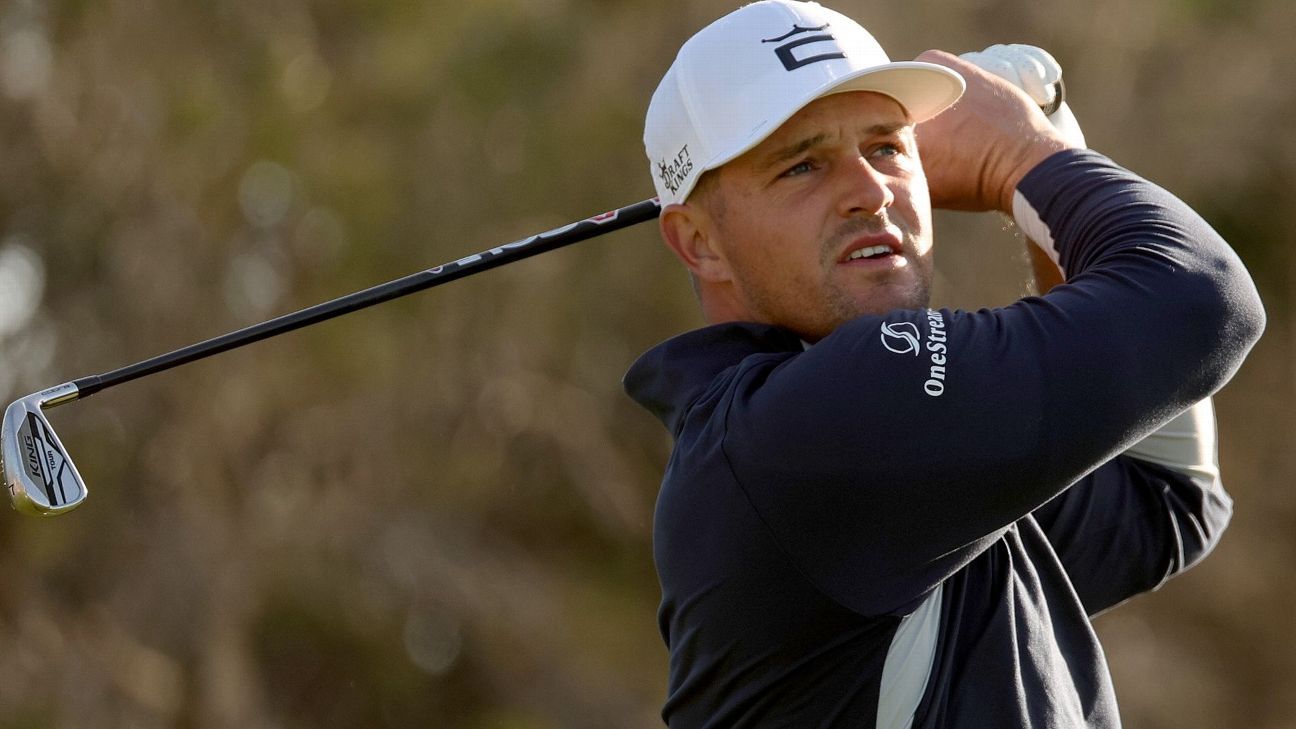
Golfer Bryson DeChambeau deems himself ready for world long-drive championship
[ad_1] SUGAR GROVE, Illinois — Bryson DeChambeau has spent the past four months recovering from surgery on his left wrist, but he’s fit enough to compete in another long-distance driving…
Read more »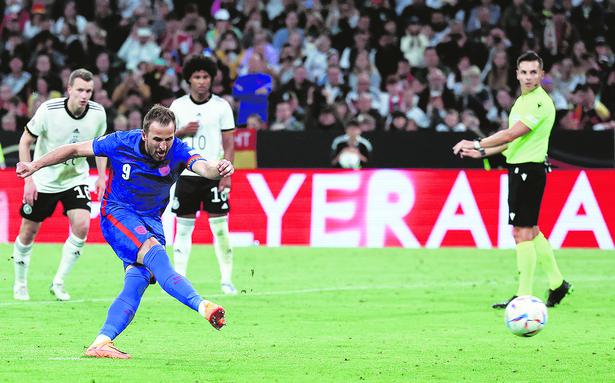
World Cup preparation the focus in UEFA Nations League, International friendlies
[ad_1] Club football takes a break before the Qatar World Cup kicks off, with national teams around the world gearing up for an international holiday. In Europe, the group stages…
Read more »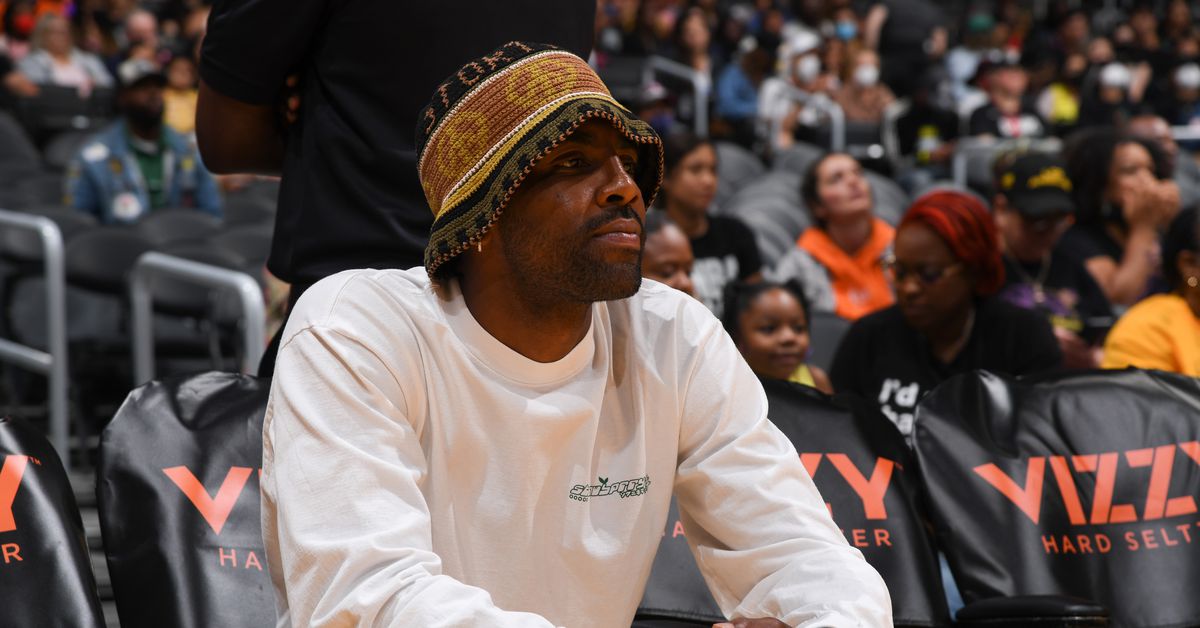
Kyrie Irving reposts Alex Jones conspiracy theory on ‘New World Order’
[ad_1] Kyrie Irving apologized for supporting the Flat Earth theory in October 2018 and admitted to being a conspiracy theorist. “I definitely said at the time, ‘I’m a big conspiracy…
Read more »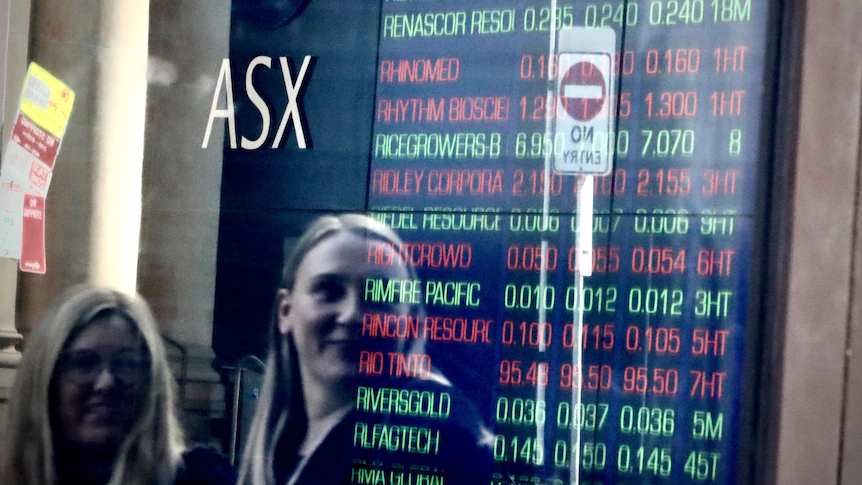
Wall Street resumes fall, World Bank warns of global recession, Australian dollar falls below 67 US cents
[ad_1] US stocks resumed overnight selling as new economic data reignited fears of further sharp interest rate hikes by the US central bank and the World Bank warned of a…
Read more »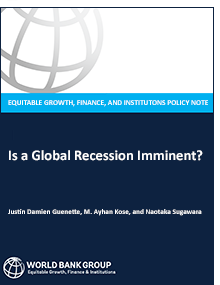
Risk of Global Recession in 2023 Rises Amid Simultaneous Rate Hikes, World Bank
[ad_1] Survey highlights need for policies to curb inflation without exacerbating recession risks Washington, September 15, 2022— As central banks around the world simultaneously raise interest rates in response to…
Read more »